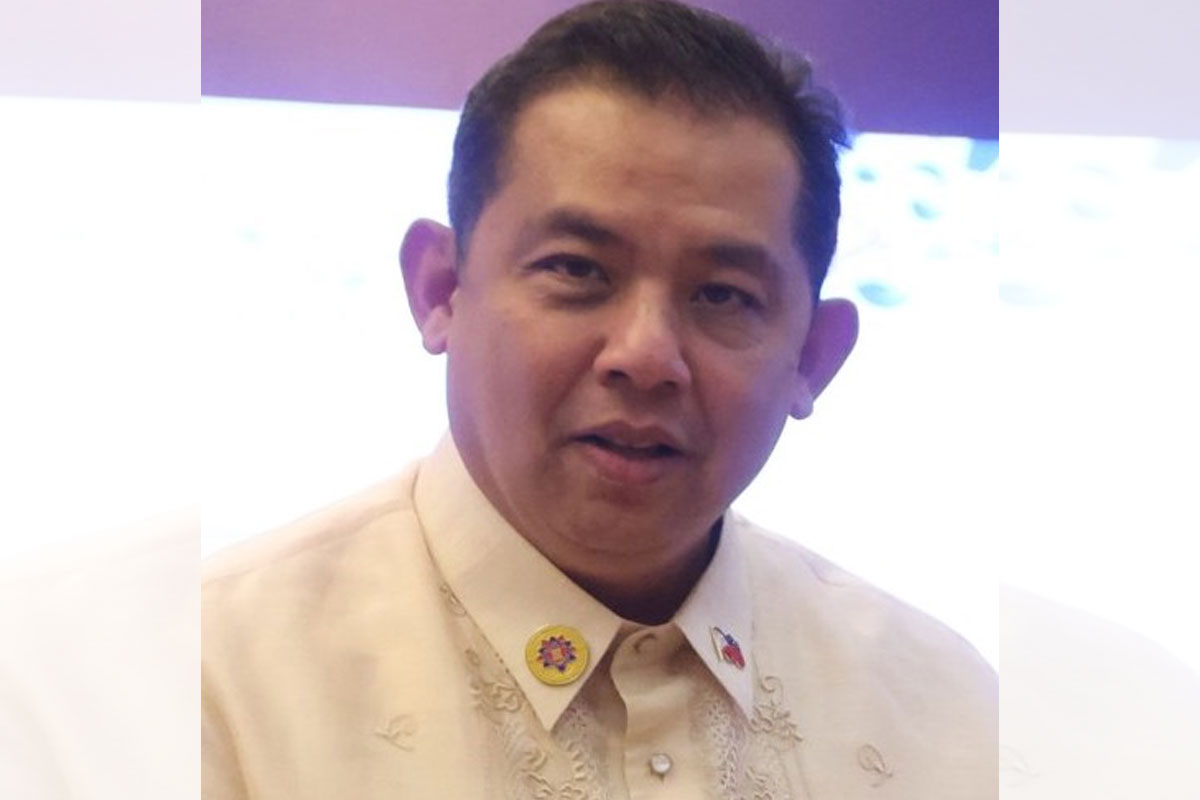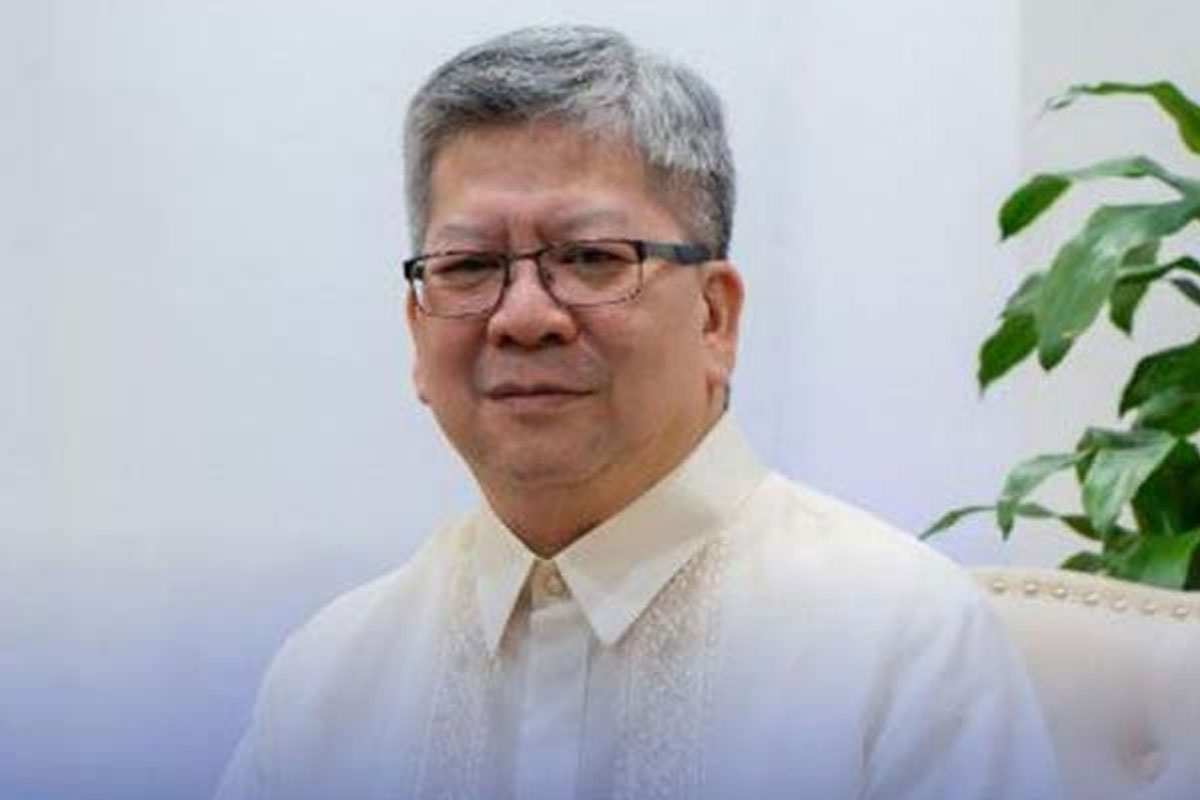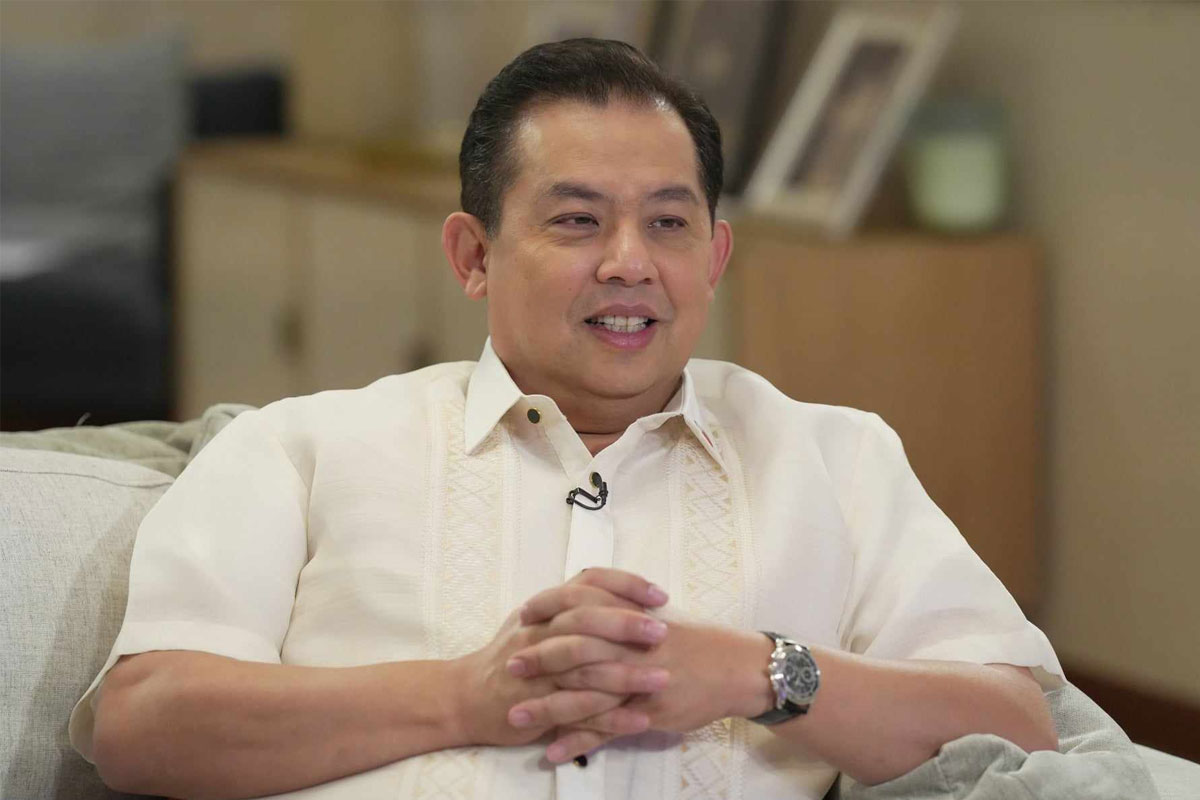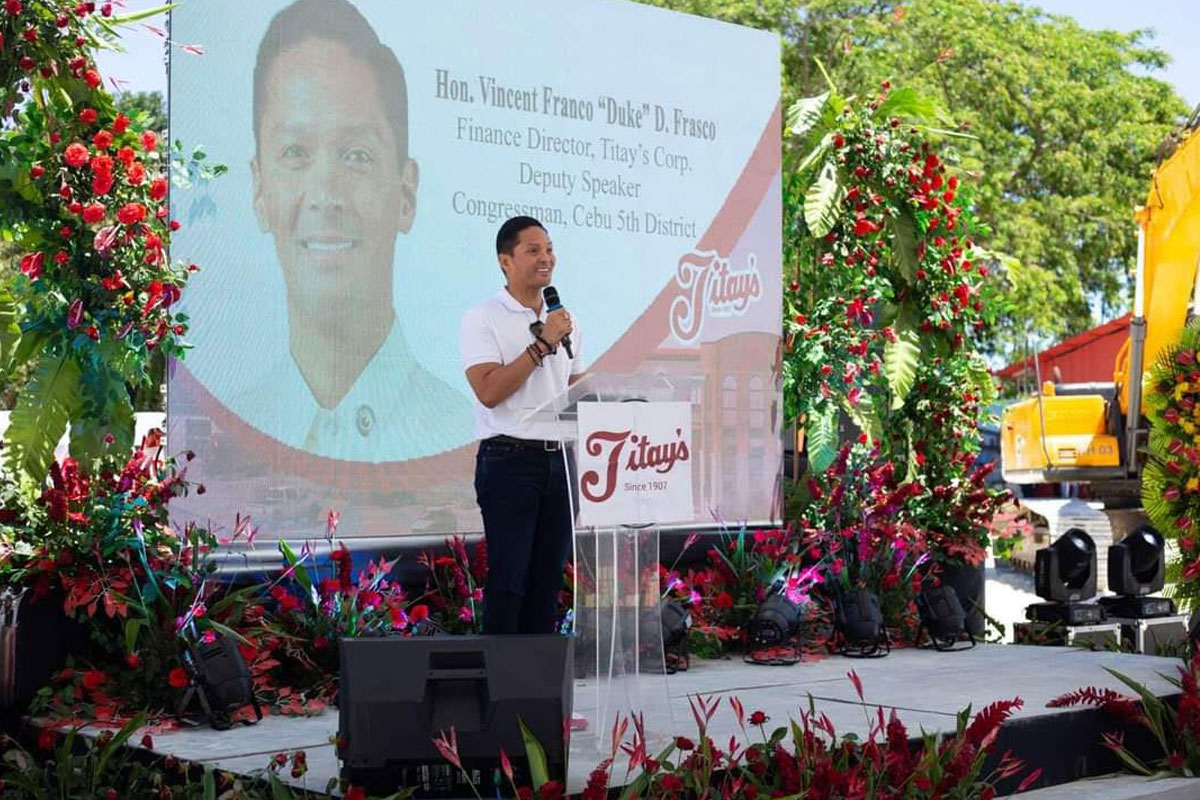
NCSTP gets House nod
TO institutionalize the vital role of the Filipino youth in nation-building, the House of Representatives has approved on third and final reading the measure that establishes a mandatory two-year National Citizens Service Training Program (NCSTP) for all students in higher education institutions (HEIs) that is envisioned to boost the country’s citizens’ reserve force.
House Bill (HB) No. 6687, or An Act Instituting a National Citizens Service Training Program in All Public and Private Tertiary Education Institutions, Repealing for the Purpose Republic Act 9163, Otherwise Known as the National Service Training Program Act, and Appropriating Funds Therefor, was approved with 276 affirmative votes against four and one abstention.
Its short title is “National Citizens Service Training Program Act,” and is the substitute bill for 28 measures filed in the lower house for the revival of the citizens cadet training for students in tertiary education institutions.
Speaker Martin G. Romualdez, one of the principal authors of the mother bill House Bill (HB) No. 6486, thanked his colleagues in the House of Representatives for the swift but exhaustive deliberations on the measure that was certified as urgent by President Ferdinand “Bongbong” Marcos Jr.
“The House of Representatives has been working really hard – day in and day out – to pass many important pieces of legislation that we all believe will contribute immensely to nation-building. And the NCSTP bill is one of them,” Romualdez said.
“I congratulate all my colleagues in the lower chamber, even the ones who expressed opposition to the measure, for the resulting bill is one that has undergone rigorous scrutiny. And for that, we accomplish our role here in the Legislature with flying colors,” he added.
HB 6687 calls for the establishment of a two-year NCSTP that will be mandatory for all students enrolled in undergraduate degree programs in all public and private HEIs, including those enrolled in technical-vocational education and training (TVET) programs or courses of TESDA.
One of the bill’s objectives include is to “enhance the capacity of its citizens to mobilize and perform their constitutional duty to render personal military or civil service to the [country] in times of calamities and disasters, national or local emergencies, rebellion, invasion or war” through the program.
“The NCST shall be administered to cover undergraduate and postsecondary TVET students for at least four (4) semesters or two hundred forty (240) hours over two (2) school years, unless otherwise allowed by the CHED or TESDA …,“ the measure read.
The agencies tasked to implement the NCSTP are CHED and TESDA, in consultation with the Department of National Defense.
Upon completion of the NCSTP, these “citizen-cadets” shall be deemed as NCST graduates and will be incorporated in the National Service Reserve Corps (NSRC) that will be created under the measure and the AFP Reserve Force.
“It (NSRC) shall be civilian in nature and shall be a source for volunteers and conscripts in times of national or local necessity, calamities, emergencies, disasters, or armed conflict to perform non-combat and non-military duties and services as the President or the appropriate local sanggunian may deem necessary,” the measure continued.
The NSRC will be under the control and supervision of the Office of Civil Defense under NDRRMC.

















